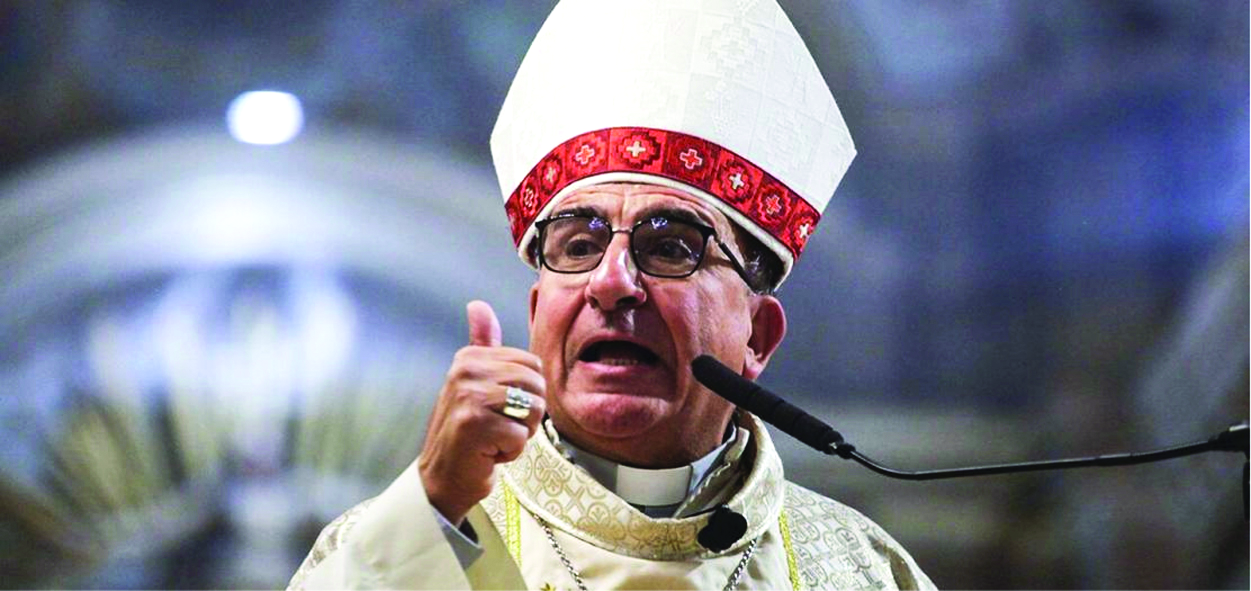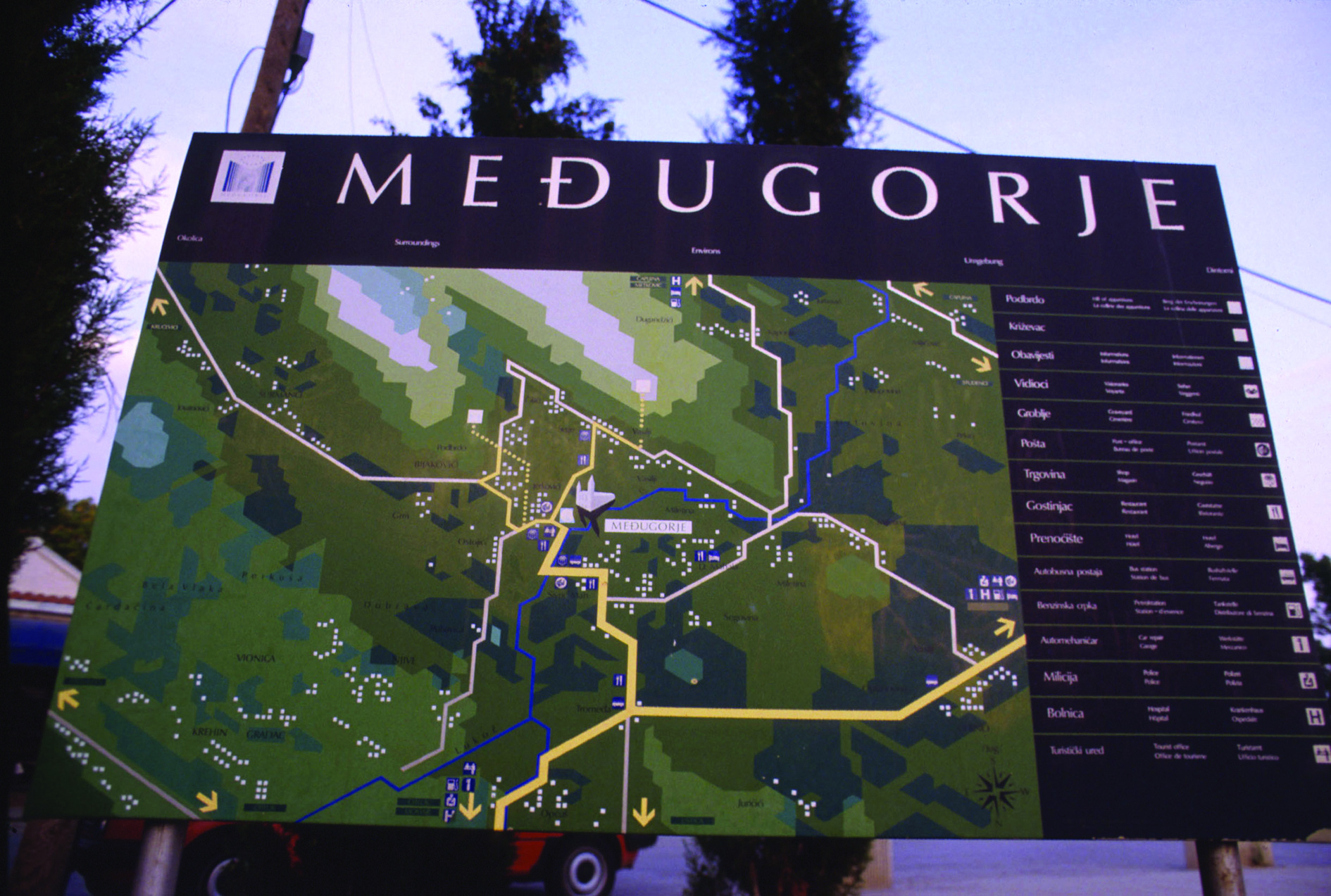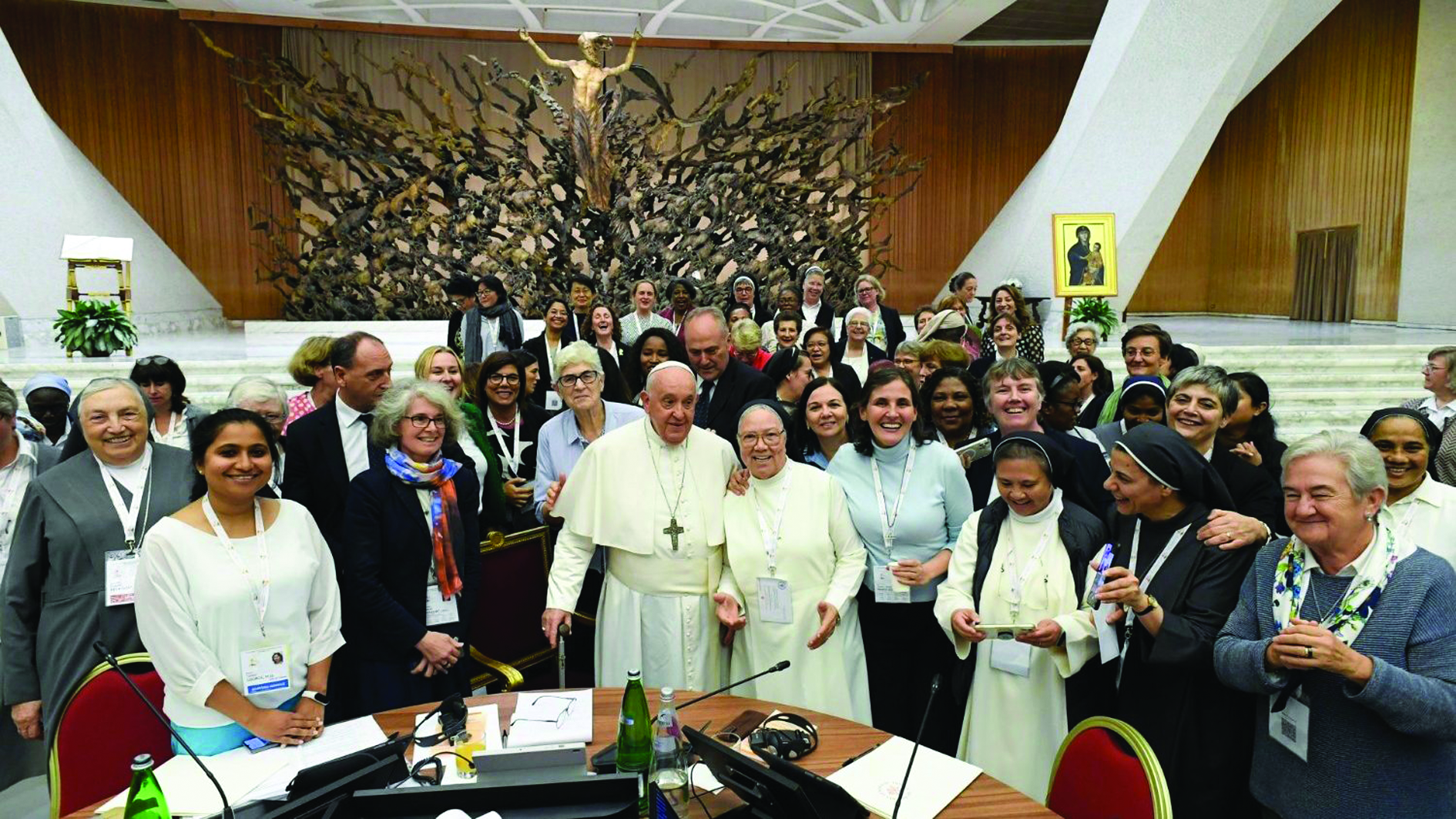We met Cardinal Raymundo Damasceno Assis, one of the three Brazilian cardinals who entered the conclave. Archbishop of Aparecida and president of the Brazilian Episcopal Conference, he told Inside the Vatican about the Conclave and talks about the Latin American Church, which is living a phase of missionary revival after the fifth Conference of CELAM (the Latin-American Episcopate Conference, of which he is president), in which Benedict XVI took part in 2007. The general congregations “took place, as well as the conclave, in an atmosphere of transparency, great fraternity and openness. They are very important as they give everyone a vision of the Church, of her challenges and trials. We receive information on the deeds of the Roman Curia; we can get an idea on the profile of the new Pope” so that the Conclave “is ‘reduced’ to the Pope’s election.” The Congregations “prepared us in an environment of reflection and prayer that permitted a quick Conclave.”
Were you surprised by the election of Pope Francis?

Cardinal Damasceno Assis.
Cardinal Damasceno Assis: It was a surprise for the press, for the world that had not seen his name circulating through the mass-media, but when his name showed up in the dialogues with other cardinals, for me it wouldn’t have been a surprise at all if he had been elected. He is a person with great experience, he was responsible for a very big archdiocese, so that his name went increasing in the consent of the cardinals and at the end he was elected in a swift Conclave. It was a surprise for the press because it was thinking about Scola or Scherer; a third one was Cardinal Ouellet. A third name has been chosen, surprisingly, without the calculation of the media, and he was elected. As happens many times, the Holy Spirit blows as He wills and where He wills, so that at each Conclave there are always surprises. The cardinals feel free to vote for anyone and are very open to the work of the Holy Spirit; they are very independent.
After the resignation of Benedict XVI, everyone thought of a young Pope. What criteria did you use?
The criterium is neither the continent nor the country where the cardinal is from. It is not age, unless it is so advanced as to make the person unable to govern the Church. Today life expectancy has increased and usually people can be 70-75 years old with physical strength and a clear mind. This is the case with Cardinal Bergoglio, Pope Francis. He is a person of physical and mental strength; he is clear-minded, and he is physically strong.
Could you help us “zoom in” on the situation of the Latin-American Church?
Since Aparecida on, the Church has regained the enthusiasm for mission in the whole continent, relocating herself — as the document says — in a permanent state of mission. The Church is missionary by her own nature. This is the reason why we need to be disciples again, disciples in order to be missionary. One cannot be missionary without being a disciple first, and one cannot be a disciple without being missionary. The sooner I become a disciple, a follower of Jesus Christ, the sooner I can experience the encounter with Jesus Christ, join Him in faith and make Him the reason of my life and, starting from there, become a missionary, a witness of Jesus Christ, with my words and my life. In Latin America we are trying to form missionary disciples. It’s the great challenge of the Church. And this does not pertain just to the laity, but to ordained ministers as well. All of us must be disciples to be missionaries; the Church must be a disciple in order to be able to announce Jesus Christ.
Would you please explain the role of the laity more deeply?
We need to give importance to non-ordained ministry, to create a “network of communities,” communitarian centers for meetings and prayer, but not in the sense of acephalous communities, as the Protestants. They would be communities in communion with the parish priest and the bishop. The point is making our communities missionary communities, not “conservational” ones, but communities of encounters with distant people, in order to bring them the Gospel, to make them discover Jesus Christ in their lives. This is for the mission ad gentes. But we need the new evangelization as well, for those who are baptized but not evangelized, that are prepared to receive the sacraments but have not experienced the vital and existential encounter with Jesus Christ. The target is to rediscover Faith and Jesus Christ in our lives, to nourish this faith with sacraments, prayer and community life.
We often think about the Latin-American Church as imbalanced on social issues.
When we talk about evangelization, we talk about a complete evangelization, therefore including human promotion, the defense of human dignity, human rights, and promoting the needs of the poor. Evangelization is comprehensive: it is not just the announcement of Jesus Christ, but of Him as liberator, one who frees us from sin and the consequences of sin, from all forms of an “inhuman” life, to bring people from a less human condition to a more human life condition. It is not just a spiritual concern, but it concerns all aspects of human life: the spiritual, human and community levels.
Pope Francis will be in Brazil in July. What will he bring to the Latin-American Church?
The presence of the Pope in a country is always good. His presence always vivifies the Church and his word always bears fruit, his presence bears fruit. It does not mean that the Pope goes to convert Latin America, but his presence and his word as shepherd of the whole Church will surely be very good and fruitful, as it was for Benedict XVI in Aparecida and for John Paul II. The journey of Pope Francis will be very positive if it is preceded by a good preparation for Brazil and for the youth of the whole world who will come to Rio de Janeiro. A good preparation is fundamental.






Facebook Comments